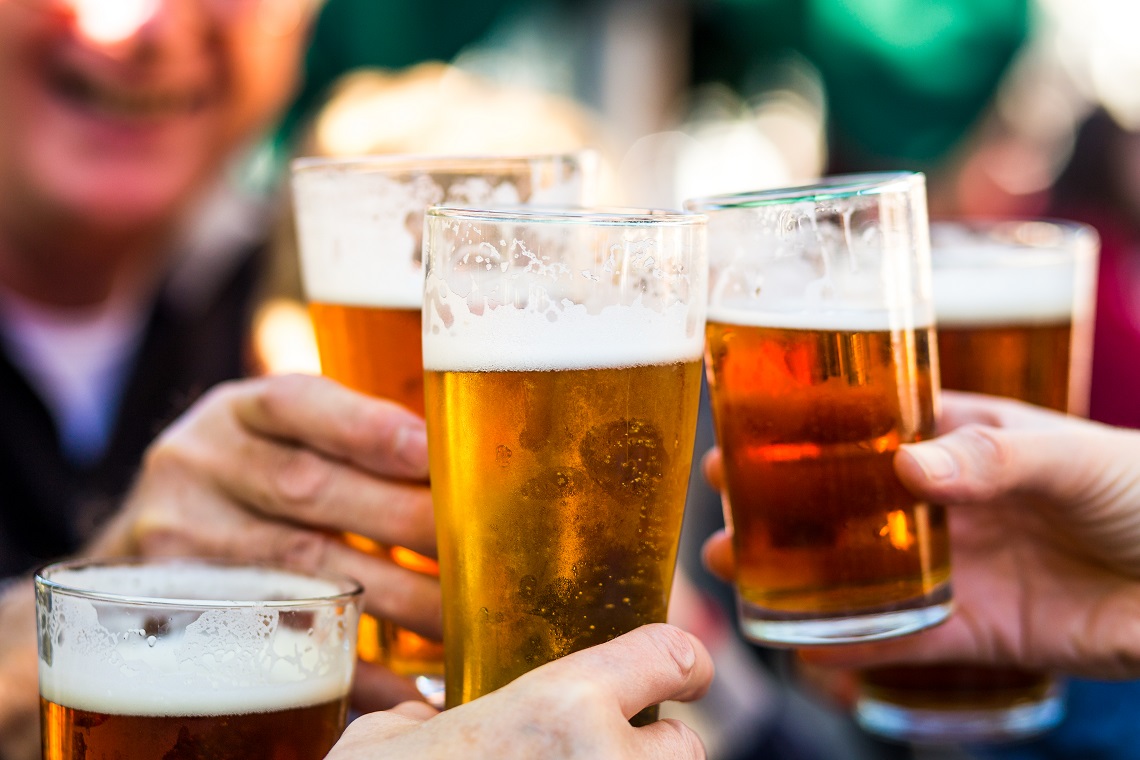GlobalData, a leading data and analytics company, has said the global beer and cider market will recover to 2019 value of US$620.4bn in 2022, which represents a difference of 1US$55.4bn against its previous value for the market in 2022.
Despite this and the initial scare for the beer and cider market, the company says that things could have been a lot worse.
Aaron Bryson, Consumer Analyst at GlobalData, said: “The substantial shrinkage is a reflection of the damage caused by a nonexistent foodservice channel throughout much of the year. In contrast, consumer confidence, which was initially decimated but rebounded relatively quickly, saw consumers retreating to the comfort of their own home with their favorite brands of beer and cider, as opposed to at the local pub.”
According to GlobalData’s Week 10 COVID-19 tracker consumer survey, published on June 3, 43 per cent of global respondents still expect the situation to get either a lot or a bit worse over the next month in their respective countries. Despite this, consumers purchasing habits in relation to beer and cider have largely been maintained.
The same survey found that 45 per cent of respondents have been purchasing the same amount or more beer, since the outbreak of COVID-19. In contrast, only 28 per cent of respondents stated that they had reduced or stopped buying beer since the outbreak.
A similar story is seen with cider. The survey found that 33 per cent of respondents had maintained or increased the volume of cider they purchase, and 28 per cent had also reduced or stopped purchasing cider, since the outbreak.
Bryson added: “The original concern displayed at the beginning of the outbreak had limited longer impacts upon beer and cider sales. A key reason being that, at home drinking is part of a routine for certain consumer cohorts in which they derive both pleasure and comfort. Something which most people have been looking for since the outbreak.”
GlobalData also said that while the outlook for the beer industry is expected to lag behind pre-COVID-19 expectations, the immediate fallout, which posed a challenging landscape for big and small players alike, has largely leveled out. Consumers have shown a preference to fall back on familiar brands which they derive enjoyment from, with a willingness to pay a premium price, instead of switching to cheaper alternatives.

